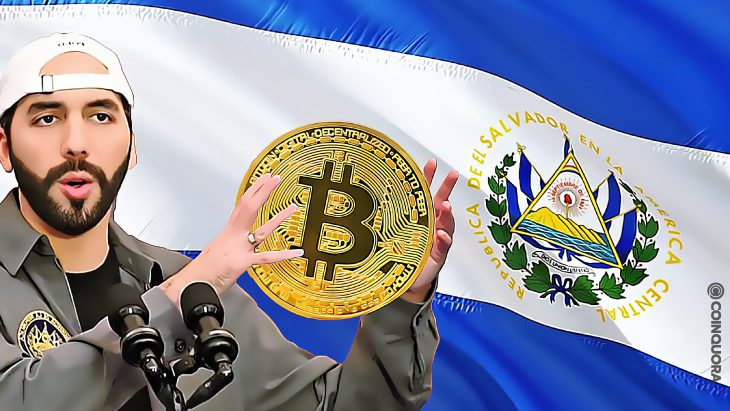- President Nayib Bukele has been relentless in pushing the country to adopt crypto.
- The IMF warns that bitcoin is too risky for a country like El Salvador.
- Salvadorans are skeptical and are mostly using dollars.
El Salvador President Nayib Bukele started mobilizing his plans to raise $1 billion by issuing the world’s first bitcoin-backed sovereign bond. This $1 billion in bonds backed by bitcoin is the latest effort by the small Latin American nation to draw in crypto capital.
El Salvador made bitcoin legal tender and is issuing a $1 billion sovereign bond, but the IMF warns bitcoin is too risky, and Salvadorans are mostly sticking to dollars https://t.co/DrgegVYIoC
— The Wall Street Journal (@WSJ) February 17, 2022
The plan was revealed earlier during a Bitcoin convention, which was graced by Bitcoin enthusiast Blockstream CSO Samson Mow. Blockstream, headquartered in Canada, is the company that is coordinating with El Salvador for the Bitcoin bond offering.
Mow said:
El Salvador will have no trouble raising the money, largely from crypto fans who want to invest in a country pioneering bitcoin adoption.
Moreover, he stated that he has already received $500 million in verbal commitments from prospective buyers.
In September 2021, El Salvador became the first country to adopt bitcoin as legal tender. And this was purely through the efforts of its new leader. President Bukele is famously known for his progressive financial decisions, and his active pursuit of cryptocurrency is being closely watched by the world.
President Bukele believes that bitcoin wealth can solve El Salvador’s poverty and violence problem. Also, the use of bitcoin aligns well with his image as a young and trendy leader with an eye for financial and technological innovation.
However, to bring the uninitiated up to speed, the International Monetary Fund (IMF) is not happy with this move. The financial institution has kept urging El Salvador to reverse its decision to make Bitcoin legal tender citing its risks.
Notably, since Bitcoin’s adoption, its use in the country has been infrequent. Further, acceptance has been slow in El Salvador as over two-thirds of Salvadorans work in the informal sector. Most Salvadorans are people who like to touch their money, a local was reported saying.


